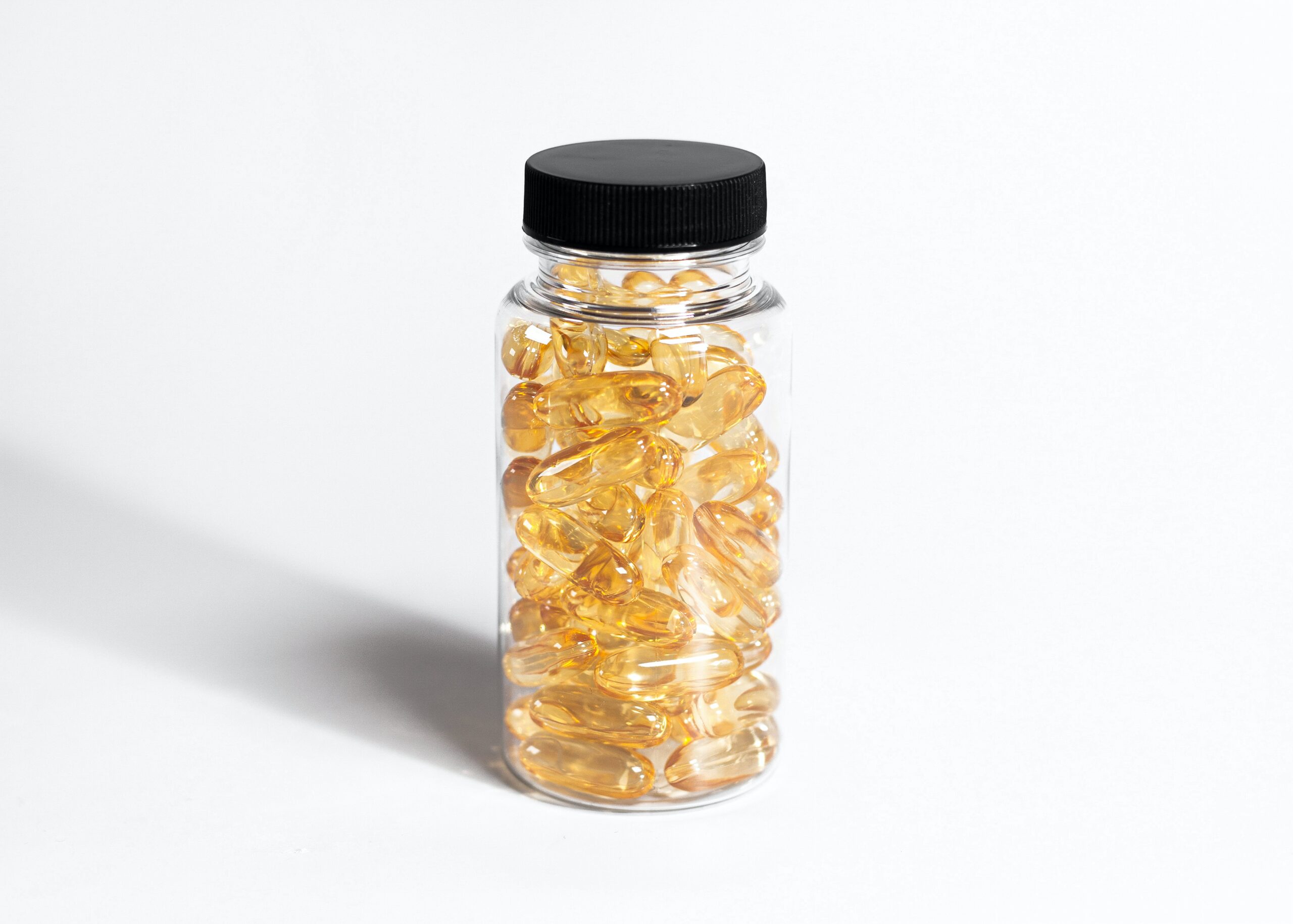No artificial coloring agents or dyes – these will not make you healthy
No artificial sweeteners – these may actually cause problems including migraines in some people. I am not against stevia, but I also don’t use it regularly either as I try to limit sweeteners in general.
Vitamin E: – this vitamin has many forms. The main form of vitamin E used is alpha tocopherol – and should be listed as D -alpha- tocopherol, ideally with mixed tocopherols. Do not use the DL-alpha tocopherol form.
Calcium: the cheap form of calcium is calcium carbonate. It is often not absorbed. Better forms include calcium citrate or lactate, or hydroxyapatite.
Magnesium: the cheap form of magnesium is magnesium oxide. I don’t feel that it is dangerous but it also does not absorb as well as the other forms of magnesium so I generally avoid it.
Fish oils: I don’t want patients to just buy a fish oil (omega 3 fatty acids). The fish oils need to come from good sources that have done heavy metal testing for toxins such as mercury. Ideally that is listed somewhere on the bottle or with the company literature.
B12: Multiple forms exist for B12. Cyanocobalamin is the cheapest and most common form. I don’t think that it is terrible, but it is not great, and many people cannot process this form as well as they should. Hydroxy, adenosyl- or methylcobalamin work better for many of my patients.

